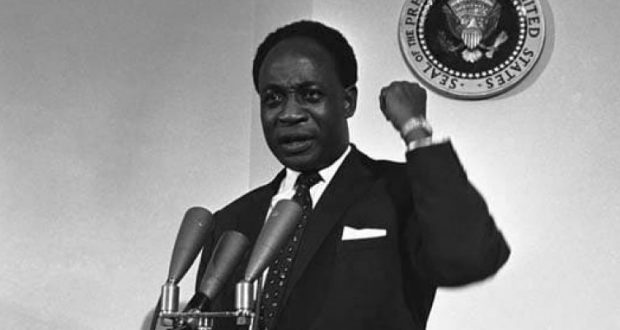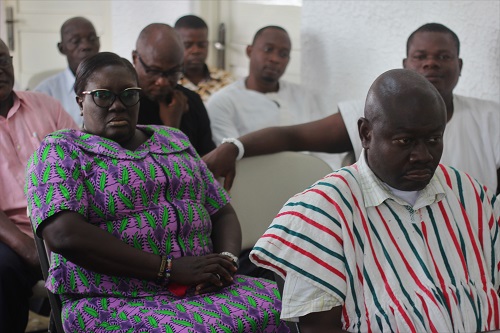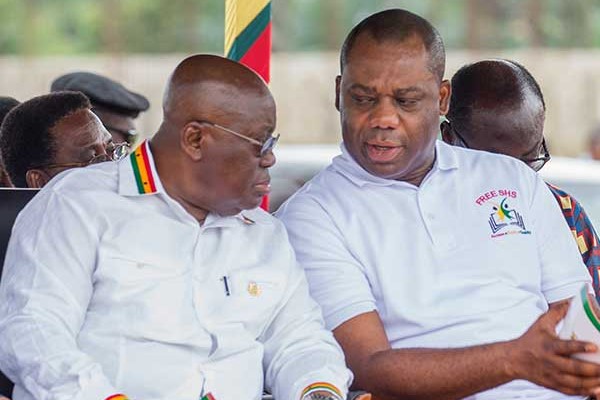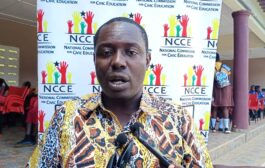More than a hundred members and leaders of the Convention People’s Party (CPP) gathered at Accra yesterday, 8th January 2020 to mark The Positive Action Day which was declared on January 8, 1950, by Osagyefo Dr. Kwame Nkrumah.
It was “a red-letter day and important landmark in the national struggle for independence.”
Delivering a statement at the celebration in Accra, National Secretary of CPP, James Kwabena Bomfeh Jnr., said: “this day deserves a place in our national calendar roll of honour for sacred days in the nation’s history.”
He noted that it was one of the critical moments where workers, farmers, youth, women, men, chiefs and all sections of society united in mobilization against the usurpers and foreign occupiers of our land.
Nkrumah distinguished two stages in the campaign: first, the period of “positive action”, a combination of nonviolent methods with effective and disciplined political action, and second, the stage of “tactical action”, a sort of contest of wits. CPP organizers first prepared people around the country for the first stage of civil resistance, the positive action phase.
The government responded by testing the strength of the organization and its tactics.
Three CPP journalists and the secretary of the Ex-Servicemen Union (partner organization) were imprisoned on charges of sedition, but the bail was quickly raised and paid by CPP volunteers.
Hoping to forestall the threatened positive action campaign, government officials agreed to a conference with CPP leaders, which began on January 5, 1950.
The British asked Nkrumah to postpone positive action while they studied the proposals put forward by the CPP and announced on the radio that an agreement had been reached.
The CPP reacted by breaking off the negotiations and on January 8, 1950, called a mass meeting, telling the participants that a nation-wide boycott of British goods and a general strike should begin at midnight that day.
Source: Kofi Atakora



















































